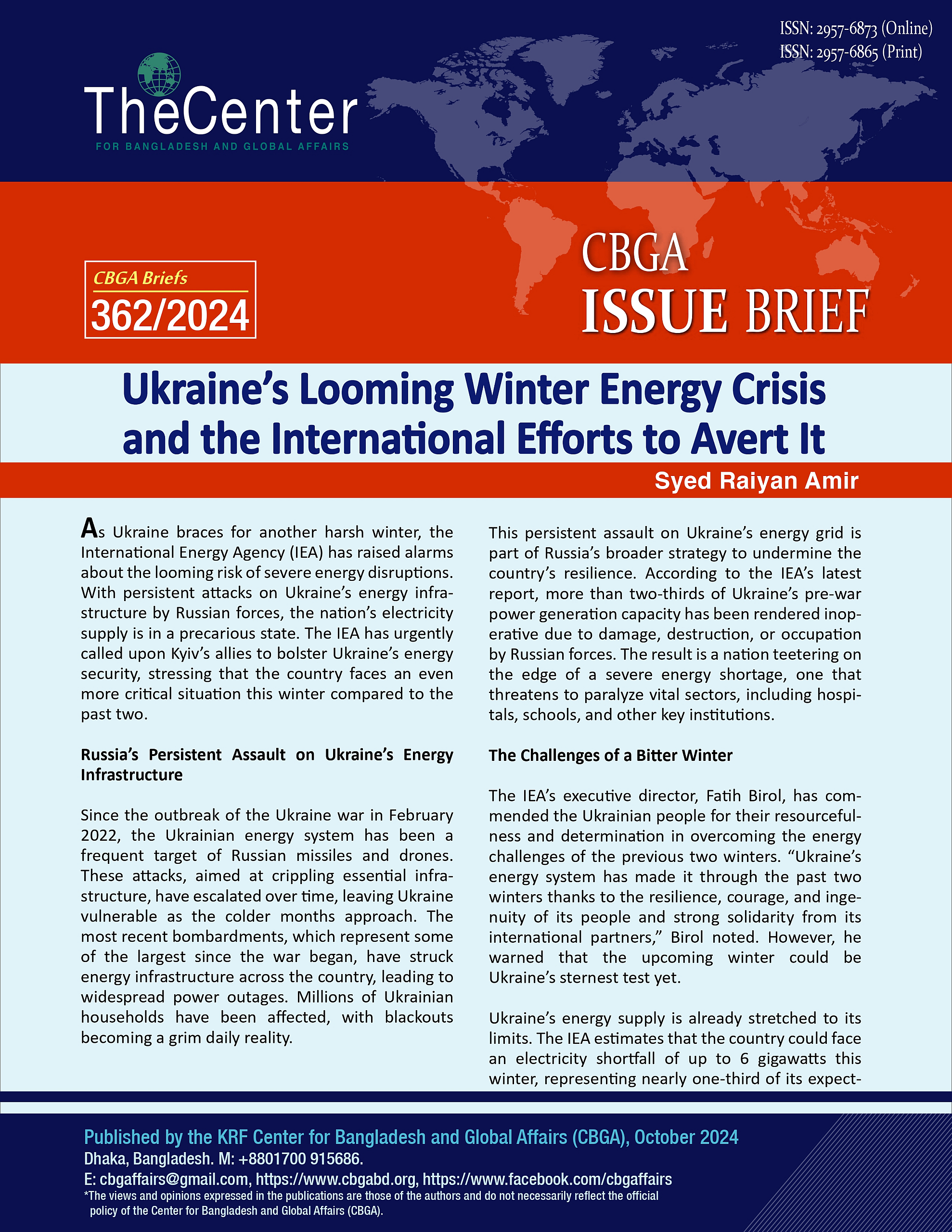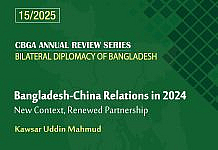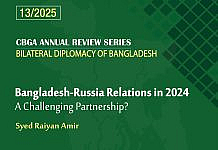
As Ukraine braces for another harsh winter, the International Energy Agency (IEA) has raised alarms about the looming risk of severe energy disruptions. With persistent attacks on Ukraine’s energy infrastructure by Russian forces, the nation’s electricity supply is in a precarious state. The IEA has urgently called upon Kyiv’s allies to bolster Ukraine’s energy security, stressing that the country faces an even more critical situation this winter compared to the past two.
Russia’s Persistent Assault on Ukraine’s Energy Infrastructure
Since the outbreak of the Ukraine war in February 2022, the Ukrainian energy system has been a frequent target of Russian missiles and drones. These attacks, aimed at crippling essential infrastructure, have escalated over time, leaving Ukraine vulnerable as the colder months approach. The most recent bombardments, which represent some of the largest since the war began, have struck energy infrastructure across the country, leading to widespread power outages. Millions of Ukrainian households have been affected, with blackouts becoming a grim daily reality.
This persistent assault on Ukraine’s energy grid is part of Russia’s broader strategy to undermine the country’s resilience. According to the IEA’s latest report, more than two-thirds of Ukraine’s pre-war power generation capacity has been rendered inoperative due to damage, destruction, or occupation by Russian forces. The result is a nation teetering on the edge of a severe energy shortage, one that threatens to paralyze vital sectors, including hospitals, schools, and other key institutions.
The Challenges of a Bitter Winter
The IEA’s executive director, Fatih Birol, has commended the Ukrainian people for their resourcefulness and determination in overcoming the energy challenges of the previous two winters. “Ukraine’s energy system has made it through the past two winters thanks to the resilience, courage, and ingenuity of its people and strong solidarity from its international partners,” Birol noted. However, he warned that the upcoming winter could be Ukraine’s sternest test yet.
Ukraine’s energy supply is already stretched to its limits. The IEA estimates that the country could face an electricity shortfall of up to 6 gigawatts this winter, representing nearly one-third of its expected peak demand. For comparison, this shortfall is equivalent to the peak annual demand of an entire country, such as Denmark. This gap between available energy and peak demand is expected to widen as temperatures drop and daylight hours shorten. Should this happen, Ukraine will experience more severe disruptions to critical infrastructure, such as hospitals and water supplies, exacerbating the already dire situation.
Key Strategies to Avert the Crisis
In its report, the IEA outlined a comprehensive set of 10 measures that Ukraine and its international allies should adopt to mitigate the risks of energy shortages. One of the most crucial steps, according to the agency, is the strengthening of physical and cyber security around Ukraine’s critical energy infrastructure. Given the consistent targeting of these facilities by Russian forces, fortifying them against future attacks is of paramount importance.
Another critical measure includes the rapid delivery of equipment and spare parts to facilitate repairs. Ukraine’s energy infrastructure has suffered extensive damage, and restoring it will require an expedited supply chain for essential materials. The IEA has called for increased investments in energy efficiency and efforts to expand the capacity for importing electricity and natural gas from the European Union (EU). By improving energy efficiency and building up import capacities, Ukraine could reduce the strain on its already fragile domestic energy system.
Despite these recommendations, the IEA has emphasized that effective air defense systems remain the most critical factor in protecting Ukraine’s energy infrastructure. As long as Russia continues its aerial assault, safeguarding the minimum level of energy services will depend on Ukraine’s ability to intercept and neutralize incoming missiles and drones. “By far the most important measure,” the report stresses, “is ensuring Ukraine has sufficient air defense capabilities to protect its energy grid from further damage”.
The Role of International Support
The international community has stepped in to support Ukraine in addressing the impending energy crisis. The European Union, in particular, has committed to providing financial aid to help Ukraine through the winter. The EU has pledged €160 million (approximately $179 million) to assist Ukraine, with €60 million ($67 million) allocated for humanitarian relief, including the provision of shelters and heaters for the cold months ahead. The remaining €100 million ($112 million) will go toward repair works and the development of renewable energy projects in Ukraine.
A significant portion of this funding will come from frozen Russian assets, a move that European Commission President Ursula von der Leyen described as just retribution for Russia’s role in the destruction. “It is only right that Russia pays for the destruction it caused,” she stated, adding that the EU has contributed at least €2 billion ($2.2 billion) to Ukraine’s energy system since the start of the invasion.
In addition to financial aid, the EU is also facilitating practical solutions to help restore Ukraine’s energy capacity. One notable example is the dismantling of a thermal power plant in Lithuania, which is being transported to Ukraine for reassembly. This plant is expected to contribute to Ukraine’s energy needs as the winter progresses. Moreover, the EU has dispatched solar panels to 21 hospitals across Ukraine, eight of which will be fully equipped with renewable energy solutions before winter sets in.
These initiatives represent just a fraction of the broader international effort to strengthen Ukraine’s energy infrastructure. Countries across Europe are collaborating with Ukraine to ensure that its energy grid can withstand the pressures of the coming months, with both short-term humanitarian aid and long-term renewable energy projects forming the backbone of this support.
A Broader Call for Global Solidarity
Ukraine’s energy crisis is a reflection of the broader challenges the country faces in its struggle against Russian aggression. As the IEA’s report highlights, international solidarity has been instrumental in keeping Ukraine’s energy system operational over the past two winters. However, the severity of the upcoming winter requires an even greater level of cooperation and coordination.
The measures outlined by the IEA — from bolstering security to improving energy efficiency and expanding import capacities — are critical for Ukraine’s survival during this challenging period. But beyond the technical and logistical aspects, the situation also demands a sustained political commitment from Ukraine’s allies. The disbursement of frozen Russian assets, for example, is a potent symbol of the international community holding Russia accountable for its actions while simultaneously supporting Ukraine’s recovery efforts.
The Test of Ukraine’s Resilience
As Ukraine approaches what could be its most difficult winter yet, the resilience of its people and the strength of international solidarity will be tested like never before. The combination of severe energy shortages, persistent Russian attacks, and the harsh winter climate creates a perfect storm that threatens the very fabric of daily life in Ukraine.
With coordinated international efforts and the implementation of the IEA’s recommendations, there remains hope that Ukraine can weather this storm. Air defense systems, energy efficiency measures, and increased import capacities will be vital in ensuring that the country can maintain its energy supply and continue its resistance against Russian aggression. Ukraine has endured much since the start of the war, and the coming months will further test its resilience — but with the support of its allies, it may yet emerge stronger.
– Syed Raiyan Amir is a Senior Research Associate at the KRF Center for Bangladesh and Global Affairs (CBGA).







